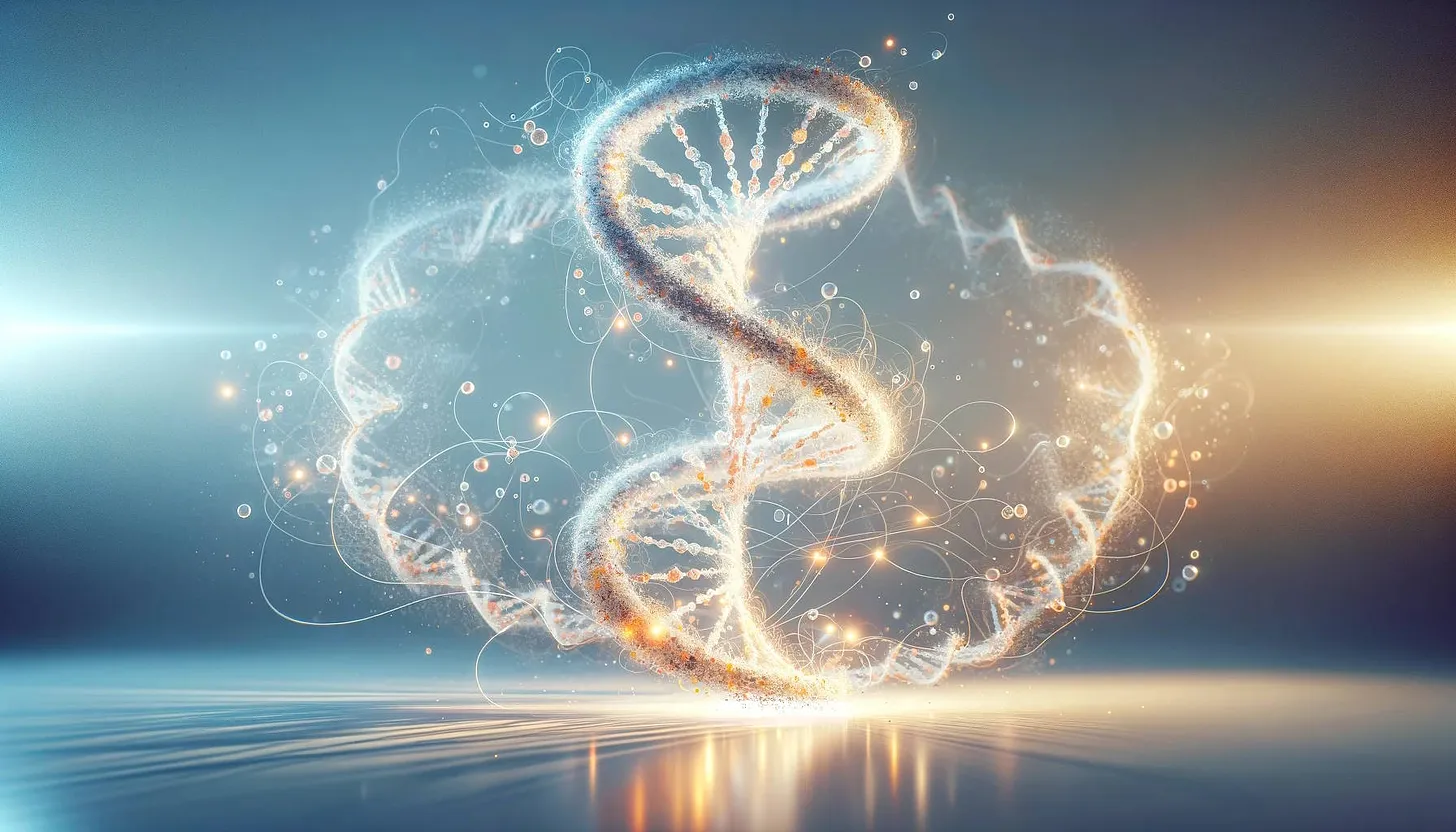by NOAH SMITH

As you all know, I am a techno-optimist. The current decade truly seems like a time of marvels, with major simultaneous advances in energy technology, AI, biotech, space, and a number of other fields. But whereas I’m pretty well-equipped to understand some of those technologies, the biotech industry often feels like a completely separate world. Thus, I rely more on experts in the field to tell me what’s going on there.
Two such experts are Joshua March and Kasia Gora, founders of SCiFi Foods. Although their company does cultivated meat — which Josh wrote a Noahpinion guest post about in 2022 — they’re pretty knowledgeable about the state of the biotech industry in general. So when I was looking around for someone to write a guest post explaining why the 2020s are an exciting decade for biotech, they were a natural choice. I thought this post did a great job of summing up the importance of various disparate advances with one core concept: the transformation of biology from a scientific discipline to a field of engineering.
Financial disclosure: I have no financial interest of any kind in SCiFi Foods, and no plans to initiate one. But this post does discuss the promise of lab automation, so I should mention that I do have an investment in a company called Spaero Bio, which does lab automation.
“Where do I think the next amazing revolution is going to come? … There’s no question that digital biology is going to be it. For the very first time in our history, in human history, biology has the opportunity to be engineering, not science.”
—Jensen Huang, CEO, NVIDIA
The field of biology has driven remarkable advancements in medicine, agriculture, and industry over the last half-century, despite facing a significant hurdle: The immense complexity of biological systems makes them incredibly difficult to predict. This lack of predictability means that any innovation in biology requires many expensive trial-and-error experiments, inflating costs and slowing down progress in a wide range of applications, from drug discovery to biomanufacturing. But we are now at a critical inflection point in our ability to predict and engineer complex biological systems—transforming biology from a wet and messy science into an engineering discipline. This is being driven by the convergence of three major innovations: advancements in deep learning, significant cost reductions for collecting biological data through lab automation, and the precision editing of DNA with CRISPR.
Noahpinion for more
